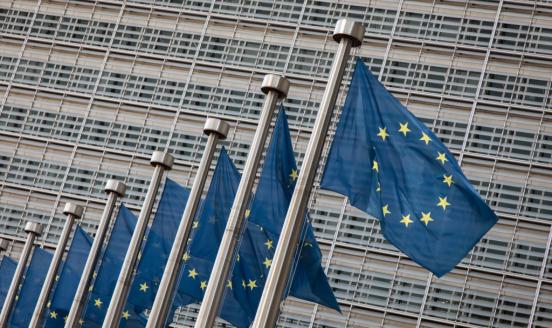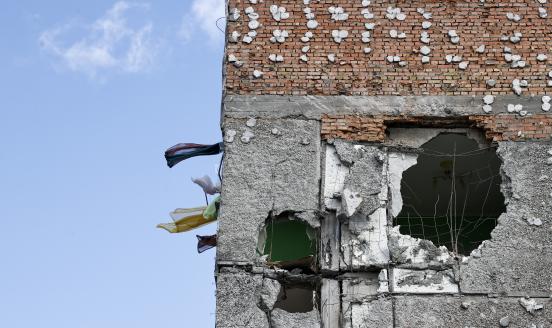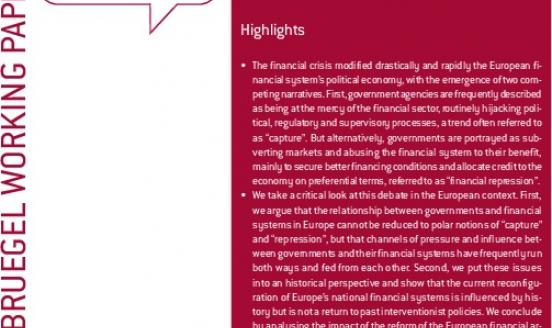The Irish shadow in the Spanish deadend
The Spanish government has taken two important decisions this week. The first is to forcefully recapitalize Bankia, an important source of uncertainty in the banking system, and change its leadership. The second is to agree to a neutral and private sector led audit of a large portion of bank assets in order to credibly assess potential additional losses. The implicit reasoning behind these two decisions is that even with recognition of more losses, Spain will be able to absorb them and/or stretch them over time and restructure its banking system on its own.
This is essentially the strategy that was pursued in Ireland in 2010 and that produced the results we know so well: cumulative banking sector losses in excess of 35% GDP and the resulting dramatic fiscal cuts. Arguably the banking system in Spain is different, total banks’ assets as a percentage of GDP is significantly smaller (330% in Spain vs. 979% for Ireland in 2010) and asset quality might be better. But the heart of the problem is the same: the euro area has a single market for financial services, a single monetary policy but national banking supervision, national guarantee of deposits and no European mechanism for banking sector resolution. The Spanish banking crisis is really a European banking crisis and in this sense cannot be solved alone by the Spanish government regardless of its merit and good intentions.
This solitary strategy has been tried and tested before and everywhere produced similar catastrophic results for taxpayers. There is no reason to believe that Spain could be different. In fact, solving together the Spanish banking crisis would not only be better for Spain because it would allow sharing the associated fiscal risks but it could also set Europe on a path towards a real pan European banking policy that would preserve taxpayers resources in the event of crises, improve financial stability and contribute to restart credit supply and economic growth. This is all within reach and should be an integral part of the “growth compact” that European Heads of State and Government will negotiate in June because the single biggest risk to growth in Europe today is that of prolonged financial distress.
The Kingdom of Spain should then formally request a financial assistance program specifically and only designed to address, recapitalize and restructure its banking system. Ideally, it should be accompanied by a precautionary program that would secure Spain’s access to financial markets and allow Spanish authorities to carry out their current fiscal adjustment without additional austerity measures. In practice, the ECB and the European Commision assisted by financial sector experts would propose a restructuring plan endorsed by the eurogroup that would be binding to Spanish authorities and the EFSF/ESM would provide the necessary capital.
For the banking system, this would necessarily involve further mergers, restructuring and possibly bankruptcy of some banks, which Spanish authorities alone, would have certainly found unpalatable. The European oversight and provision of capital would ensure that this restructuring process is taking place swiftly and in the best interest of the European financial system as whole outside of potential capture by regional, national, financial and political interests. More importantly, this process would create a precedent and the embryo of a real federal banking resolution framework along the line of the US FDIC, whose absence in Europe has been so costly to growth, employment and European taxpayers. Spain holds in its hands an historical opportunity to both solve its domestic banking crisis with its partners while planting the seed of a more stable European financial system, it should not waste this chance and risk more economic hardship for its people and for Europe at large.
A version of this column was also published in Spanish in La Razon


